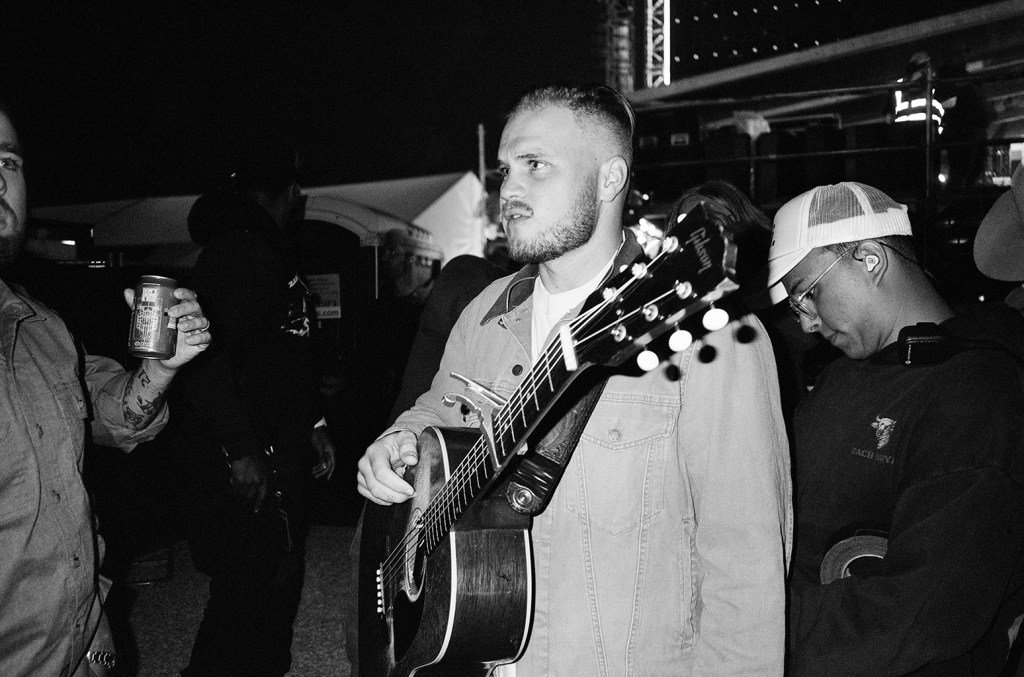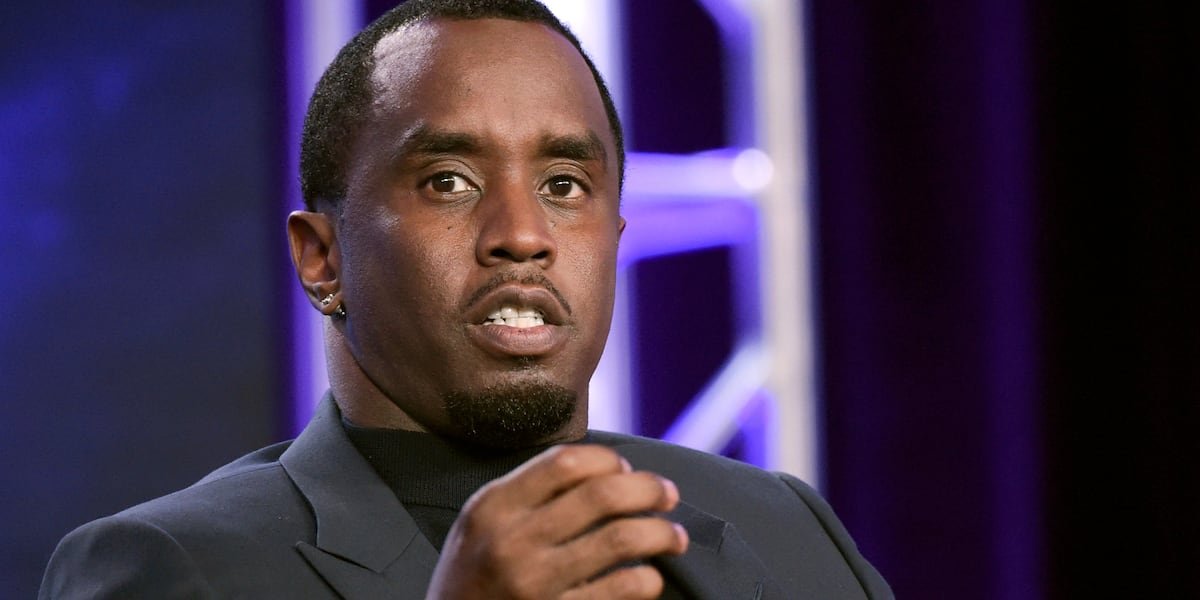SMTD hosts rapping Republicans lecture
About 50 people gathered in the Earl V. Moore Building Thursday evening for a lecture titled “Rapping Republicans: Hip Hop and the Multiracial Right” given by Loren Kajikawa, associate professor and chair of the music program at The George Washington University’s Corcoran School of the Arts & Design. The talk, which focused on the intersection between hip-hop and politics, was presented by the Department of Musicology at the University of Michigan School of Music, Theatre & Dance.
Drawing on his background in American music of the 20th and 21st centuries, with a special focus on race and politics, Kajikawa’s talk explored famous rapper Eminem’s influence on politics throughout the 2024 presidential election campaign season. For example, Eminem introduced former Democratic President Barack Obama at a campaign rally in Detroit for former Democratic presidential nominee Kamala Harris. Kajikawa said using music to reach audiences is a common strategy for many politicians.
“Maybe there isn’t anything surprising about a celebrity musician like Eminem introducing a celebrity president like Obama, or a celebrity president singing or expressing admiration for a famous musician,” Kajikawa said. “Candidates seeking election to the Oval Office have used popular music to construct a sense of presidential identity and connect with communities they hope will turn out at the polls.”
Both the Republican and Democratic parties used the song “Lose Yourself” on the campaign trail, with Obama singing the lyrics of the song at a Harris rally, and Republican presidential nominee Vivek Ramaswamy singing the lyrics at his own rally. In his presentation, Kajikawa said the genre should remain independent from politicians.
“Why should hip-hop artists or hip-hop be loyal to either the Democratic or the Republican party when those parties have never been loyal to hip-hop?” Kajikawa said.
Although Eminem has admittedly made it clear he is not a supporter of President Donald Trump, Kajikawa said much of Eminem’s music has influenced conservative rappers in the hip-hop genre, noting how Christian conservative hip-hop artist Tom MacDonald has dedicated his songs to Eminem.
“Although Eminem has consistently disavowed any connection to right-wing politics and openly criticized Trump, his music expresses attitudes and feelings that have created an opening for conservative rappers,” Kajikawa said. “These connections are openly acknowledged in ‘Dear Slim,’ a song by Tom MacDonald that he owes to Eminem, who he describes as his biggest influence.”
Kajiwaka also cited Tyson James, another Christian conservative hip-hop artist, who uses hip-hop to voice his political stance.
“Both Tyson James and Tom MacDonald have adopted a matter-of-fact delivery that reinforces patriarchal authority through the performance of an embattled masculinity,” Kajikawa said. “In this way, hip-hop has proven a useful vehicle for voicing quote unquote ‘politically incorrect ideas’ and adopting an underdog, minoritized identity that aligns well with the current tenor of populist style GOP politics.”
After finishing his presentation, Kajikawa opened up the floor to questions from the audience. One attendee asked him to discuss the role of religion in hip-hop’s relationship with conservatism. In response, Kajikawa connected the topic to rapper Kanye West, a right-wing musician whose music has drawn upon spiritual themes since his debut album, The College Dropout. By combining hip-hop and gospel in songs such as “Jesus Walks” and in albums like Jesus is King, Kajikawa said West opened the door for religious listeners to resonate with his music.
“I do think that that’s something that there are people out there who are looking for,” Kajikawa said. “There’s an opening for evangelicals, or people who are religious in their politics, to shift to the right.”
After the event, attendees were invited to a reception outside of the auditorium to continue their conversations. In an interview with The Michigan Daily, Music, Theatre & Dance freshman Clara Bonnell said she was previously unaware of Eminem’s influence on politics and the relationship between politics and hip-hop.
“I didn’t know about the certain ties between different presidential candidates and (Eminem’s) influence, and the way people have interpreted his words and hip-hop as different things,” Bonnell said. “So I thought it was really interesting to see both sides.”
Daily Staff Reporter Caroline Wroldsen can be reached at cwrold@umich.edu.





